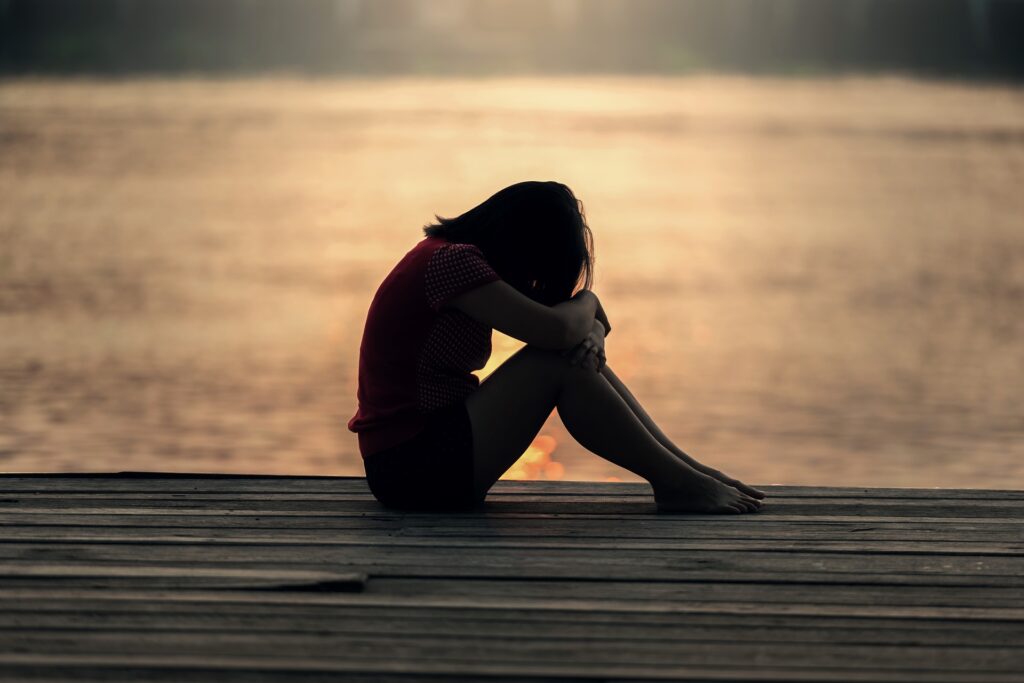Depression in children is a persistent and regressive condition, which accumulate over time. Hence, it is vital to identify and attend to depression at the earliest to reduce its long-term negative consequences.
Childhood depression is different from normal ‘blues’, irritation or being in a bad mood from time to time. But when these negative feelings and thoughts stay put for a long time and limit a child’s capacity to function normally with schoolwork, social activities and family life, however, the child may have depression.

Identifying Depression in Children is not easy
It is difficult to recognize depression in children as many symptoms may get interpreted as the child being lazy, having a bad attitude or disrespect or being moody. Furthermore, depression leads to an increased risk of poor academic functioning, impaired social functioning, suicidal behavior, alcohol/ substance abused and other mental illnesses in the future.
Children who have a family history of depression or any other affect disorder are at a high risk of developing depression in childhood rather than those who don’t have a predisposition. Similarly, children under extreme stress, or have experienced trauma, neglect or abuse, or recently lost a relationship can be more likely to develop depression. Depression is almost easier to detect in ‘at risk’ children.
Rates of childhood depression have been rising in the past few years. Yet, the awareness has not caught on the same level. Majority cases of childhood depression are little known due to not being identified.
Above all, depressive symptoms in children are difficult to detect as they are underlying, and children don’t quite have a clear understanding of emotions just yet. As a result, it is important to pay close attention to the warning signs a child might display.

Warning signs:
- Persistent feeling of sadness, hopelessness
- Increased sensitivity
- Irritability and anger
- Withdrawal and avoidance
- Changes in appetite
- Sleep disturbances
- Difficulty concentrating
- Trouble making decisions
- Boredom/ loss of interest
- Difficulty with relationships
- Persistent physical complaints (like headaches, stomach-aches or other pains)
- Fatigue
- Dropping grades
- Thoughts and talk about death
- Running away or threats of running away from home
Early detection is a great help in the treatment. Treatment of childhood depression curbs the relapses and chronic episodes of depression in the future. It calls for immediate contact with an expert psychologist or counselor for an official diagnosis and treatment plan.
To learn more about Dr. Prerna Kohli, click here
All images courtesy of Pixabay

